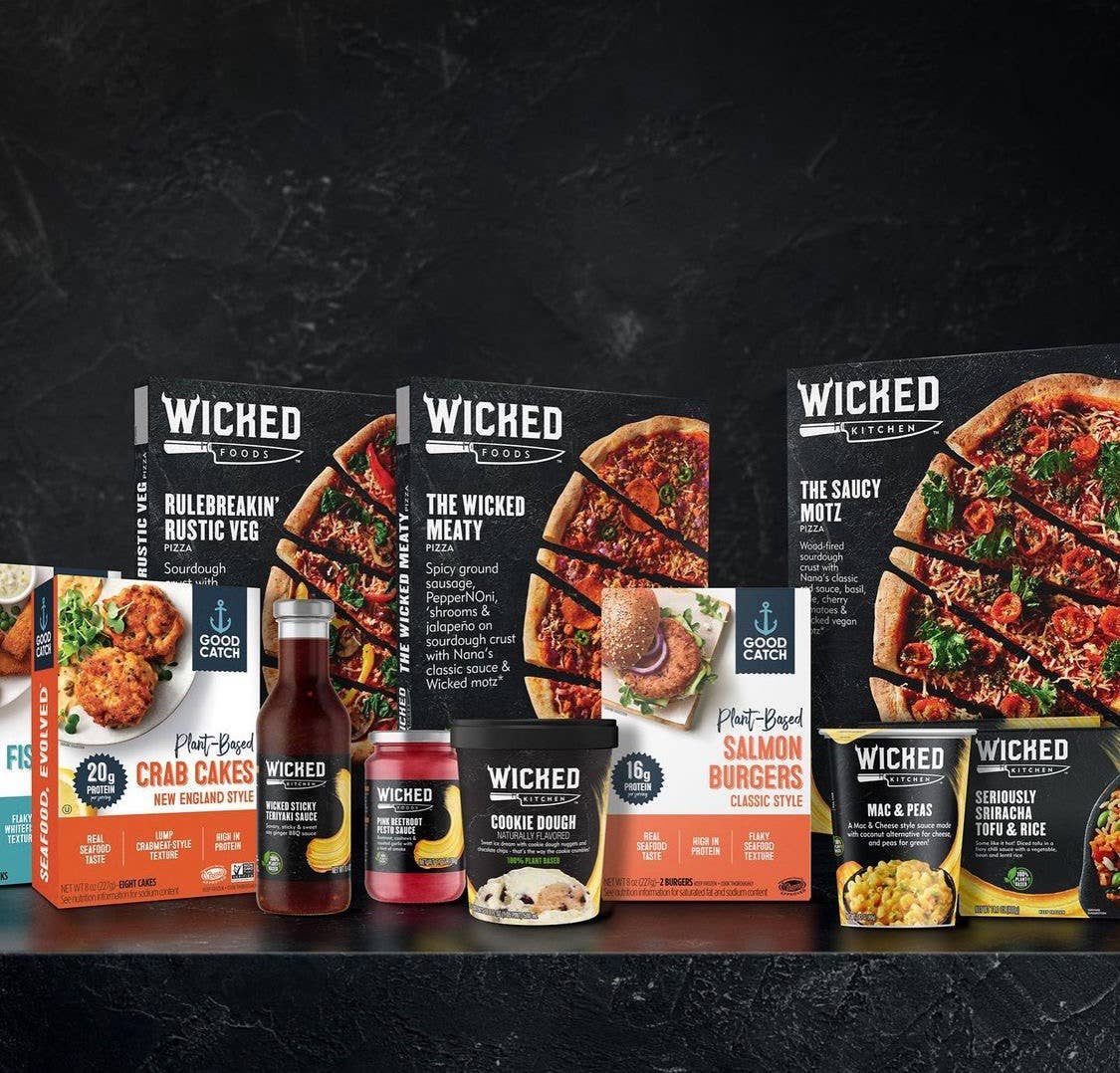
Major Meat Producer Shuts Down and Warns of Shortages Amidst Pandemic
Maybe you've ordered something online in the past few weeks that you typically get delivered by mail. Not only has it probably taken far longer to arrive, but loads of products online are entirely sold out, without any estimation of when they will be restocked. The pandemic has disrupted business as usual by devastating the supply chains of nearly every industry. One industry that's bracing itself to get hit hard is the meat industry, and companies are already announcing closures to their businesses.
Far-Reaching Impacts
Smithfield Foods, Inc., a South Dakota-based pork plant, has just announced that it will be closing their Sioux Falls location indefinitely. In a statement, Smithfield notes that they supply "nearly 130 million servings of food per week, or about 18 million servings per day, and employ 3,700 people. More than 550 independent family farmers supply the plant." Roughly 5 percent of all pork production happens at the Sioux Falls location, which was forced to shutter after 250 employees tested positive for the COVID-19 virus. Concerns abound that this is just the first batch of many suppliers to be closed, which could ultimately lead to a meat shortage in the US. Other plants including the Tyson location in Columbus Junction, Iowa, have also been forced to close.
Smithfield president and CEO Kenneth M. Sullivan addressed this concern, remarking that "The closure of this facility, combined with a growing list of other protein plants that have shuttered across our industry, is pushing our country perilously close to the edge in terms of our meat supply. It is impossible to keep our grocery stores stocked if our plants are not running. These facility closures will also have severe, perhaps disastrous, repercussions for many in the supply chain, first and foremost our nation’s livestock farmers. These farmers have nowhere to send their animals.”
Preparing for a Shortage
Does this mean that customers should rush out and stock up on animal proteins? No, because as the US meat industry has a relatively diversified range of suppliers, experts say it seems unlikely to cause a complete shortage. Rather, it presents an opportunity for meat-eaters to try out different plant-based options to find a few that they can reach for if a shortage does hit the nation, driving up prices and driving down available options. With the global plant-based meat market estimated to hit $21 billion in the next five years, this moment in history may cause many pork, chicken and beef plants to shift their business models to prioritize less expensive and more sustainable, shelf-stable plant-based options.
More From The Beet






